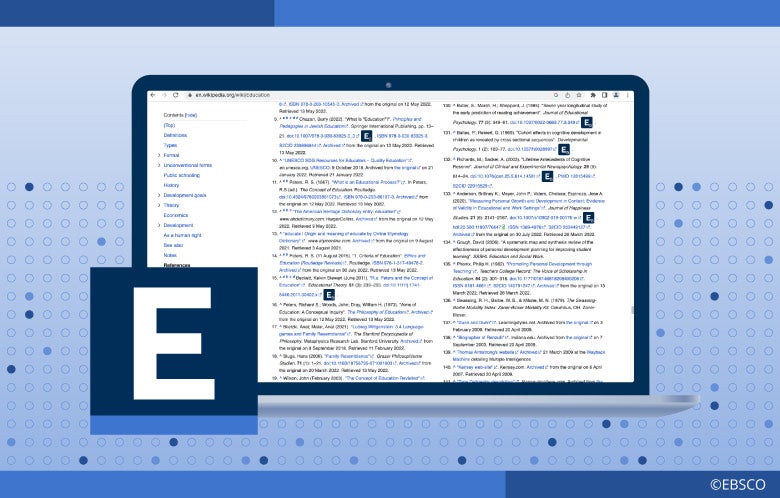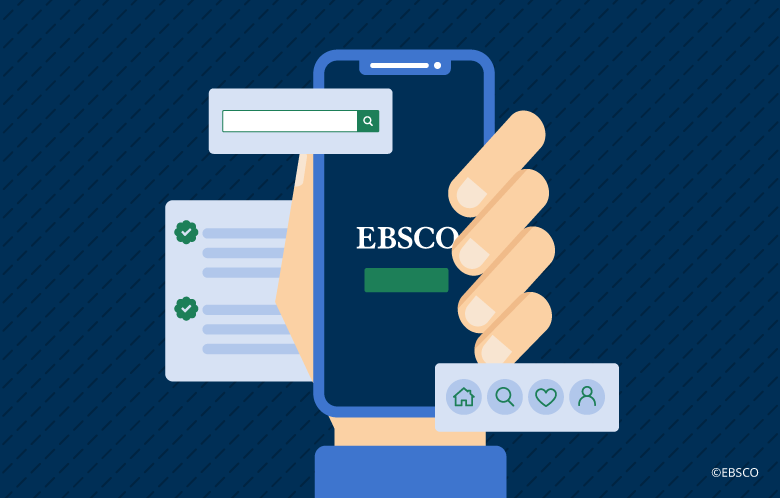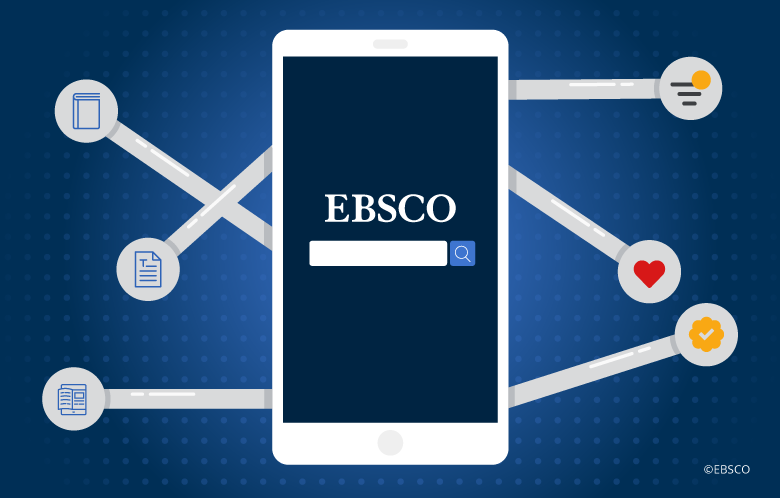Librarians work hard to select resources for their students that will make research accessible and scholarly sources easy to find and cite. However, many students don’t start their academic research with these resources. A common issue for libraries is that students start their research on the web with sites such as Wikipedia, Google Scholar, or other scholarly websites. If you’ve seen the team from Lean Library sharing findings from their Librarian Futures report, you know that 79 percent of faculty and 75 percent of students now begin their discovery process outside the library on the open web.
Starting research on the web and then moving to the library’s resources can cause a disjointed, multi-step process. Wikipedia, for example, provides a list of citations at the bottom of its articles. Students could select sources from that list and search for the citation within their library’s resources to find the full article. The same assumed workflow could happen with Google Scholar; they search for sources on the web and then look up the full text using library resources. Utilizing this kind of workflow can result in a lot of back and forth between the web and the library. It can also make it difficult for libraries to connect to web users, as their resources don’t have the same reach that the web does.
A solution to this issue does exist for libraries. A browser extension dedicated to academic research can help libraries provide students with the search experience they’re looking for and simultaneously connect the library to the web.
Promoting a browser extension tool such as EBSCOhost Passport allows students to easily connect with their library regardless of where they choose to start their research journey
Promoting a browser extension tool such as EBSCOhost Passport allows students to easily connect with their library regardless of where they choose to start their research journey
Here are some ways that browser extensions can positively impact both a library’s reach and a student’s search experience:
- Offering a browser extension creates a way for libraries to become more versatile in their ability to serve the research needs of students.
- Researchers will begin associating the library with all the steps in the search process, not just the part where they need to find links for full-text journals.
- Libraries can extend their resources to the web’s capabilities and continue to provide the best user experience possible.
- The web and the library can work together to offer researchers the most relevant search results.
EBSCOhost® Passport™ is a new browser extension for academic research that bridges the gap between the library and the web. EBSCOhost Passport makes research simpler and full-text access more efficient for end users by dynamically inserting links to full text in virtually any web page where DOIs are present. EBSCOhost Passport does this by scanning the page for DOIs, then checking if the user has access to the article either in an EBSCOhost full-text database, through a subscribed journal at the publisher site, or available as Open Access. It even knows about the authentication preferences of the user’s institution and adjusts the links accordingly. When users install the extension, EBSCOhost Passport will ask users to select their preferred institution and then they will be on their way to the web, finding quick access to articles on the websites visited most during academic research.
Promoting a browser extension tool such as EBSCOhost Passport allows students to easily connect with their library regardless of where they choose to start their research journey. The result? An increase in usage of library resources and an enhanced (and easier) academic research experience for end-users.



